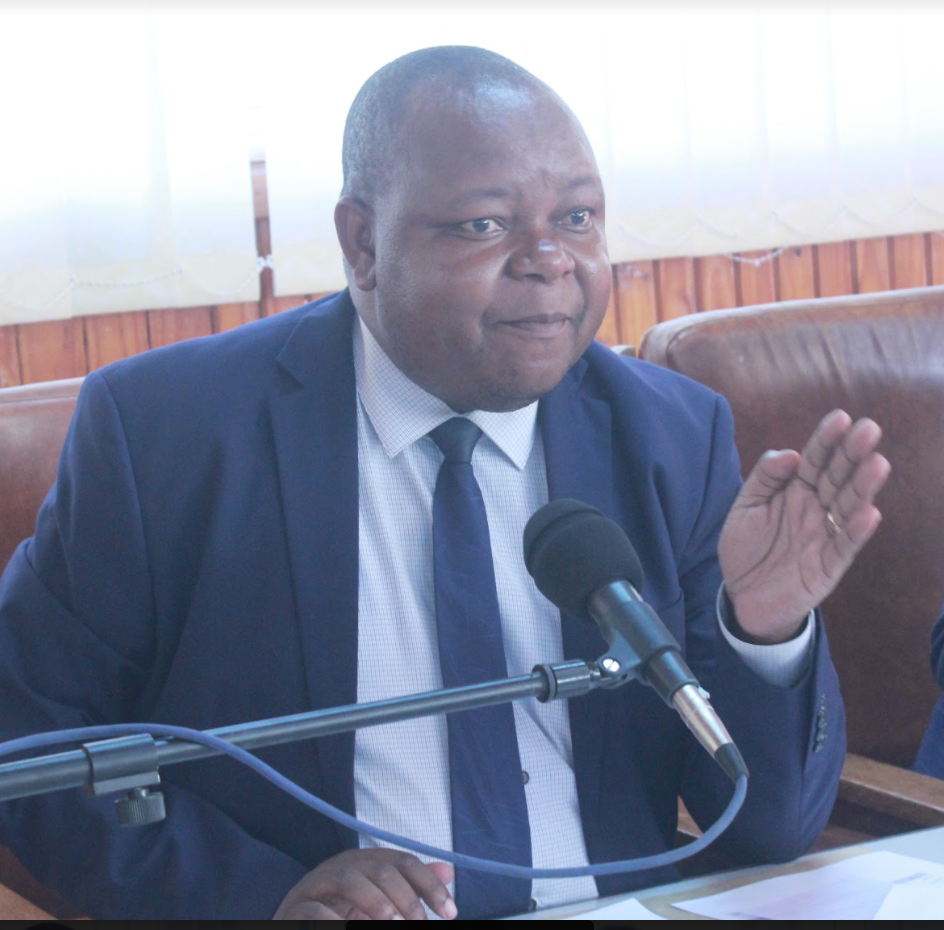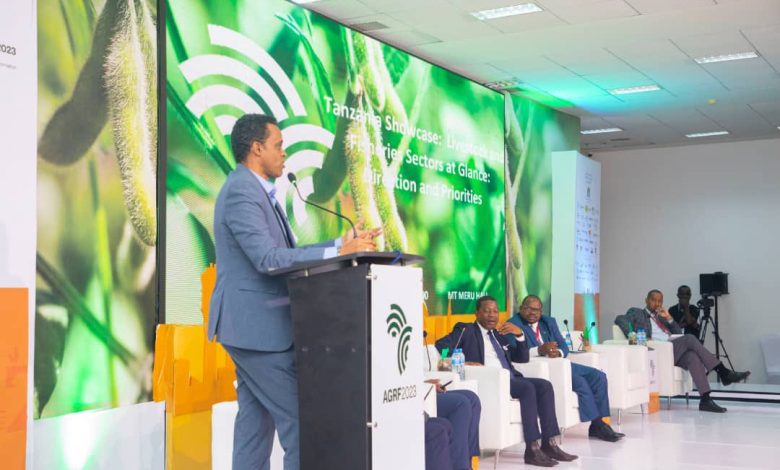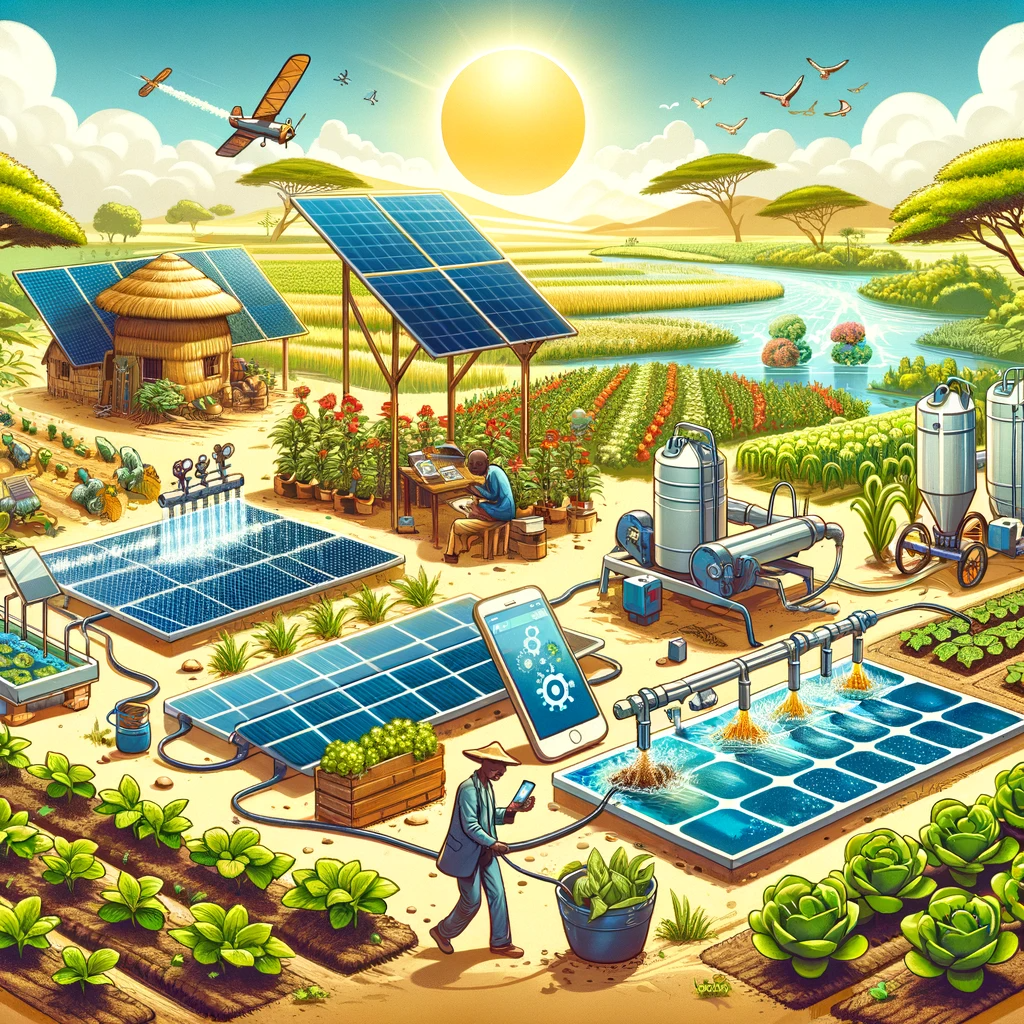Tanzania launches Tanzania Agro-Industries Development Flagship (TAIDF) to fast track agro-industrialization
___________________
*Flagship to mobilize agro-industrialization investments

Dodoma: The East African Community (EAC) food powerhouse, Tanzania has made a bold move expected to greatly accelerate agro-industry based inclusive economic growth, characterized by agro-processing for domestic and export markets.
The new catalyst high impact initiative, Tanzania Agro-industries Development Flagship (TAIDF), has been put in place to augment and catalyze earlier and current efforts in agro-industrialization by providing a coherent framework for coordinating actors and resource mobilization in support of agro-industries development in Tanzania.
TAIDF, launched 12th October in Dodoma by the Office of the Prime Minister, as a part of the implementation of Agriculture Sector Development Programme (ASDP II), is a framework strategy designed and developed through a public-private partnership process.
At the moment Tanzania markets most agricultural products in their raw forms due to low levels of agro-processing. Launching the framework on behalf of Permanent Secretary (Policy, Coordination and Investment), Prime Minister’s office
Ms Doroth Mwaluko, the Ministry of Industry and Trade, Permanent Secretary, Prof Riziki Shemdoe, said, the flagship will change the tide.
He affirmed that its focus was strengthening, consolidating and improving agriculture processing, which will create a more reliable market for farmers.
The launch ceremony was attended by Permanent Secretary Ministry of Agriculture, Mr Gerald Kusaya, Permanent Secretary Ministry of Livestock and Fisheries, Professor Elisante Ole Gabriel (responsible for livestock) and Dr Rashid Tamatamah (responsible for fisheries), representatives of the Ministry of water, ministry of lands housing and human settlements development and President’s Office – Regional Administration and Local Government, among others.
Also in attendance were Alliance for a Green Revolution in Africa (AGRA) Regional Head (Tanzania, Uganda and Rwanda), Professor Nuhu Hatibu; AGRA Tanzania Country Manager, Mr Vianey Rweyendela, Donald Mizambwa AGRA Program Officer; United Nations Industrial Development Organization (UNIDO) representative, Dr Stephen Kargbo among others.
According to Prof Shemdoe, the framework will lead to the enhanced and more coordinated development of the agricultural value chains, with a private sector induced investment in the production of agro-inputs and value addition.
The framework seeks to increase the contribution of the manufacturing sub-sector to Gross Domestic Product (GDP) from 8.1% (MoFP, 2019), to 17.8% (8.1%+ 9.7% ) by 2025.
The flagship seeks to increase the total GDP by 5% and add the contribution of the agro-processing to 12% of GDP, create 1 million jobs (mainly women and youth) with new employment opportunities by 2025, which will have a positive impact to over 7 million households directly or indirectly.
This, in essence, will have a direct multiplier effect to the agriculture sector’s contribution to GDP, which at the moment stands at 29.1 %, contributes over 65 % of employment, 65 % raw materials used in the manufacturing sector and 30 % of gross exports.
Prof Shemdoe noted that the framework strategy was in the making from 2019, involving multiple stakeholders in the public and private sector, as well as development partners.
“I thank AGRA and other development partners that have played a key role in the realization of the framework,” he noted. AGRA provided expertise and funding of the process backed up by its resource partners-Bill & Melinda Gates Foundation (BMGF); Rockefeller Foundation (RF); United States Agency for International Development (USAID), Department for International Development (DFID), and German Federal Ministry for Economic Cooperation and Development (BMZ).
Prof Shemdoe noted that Tanzania was ready for huge investments in agro-processing, thanks to strategic infrastructure projects put up by the government.
“The government has put in place a friendly policy environment backed up by strategic infrastructure projects for efficient road, rail and air transport,” he noted. They include a modernized Julius Nyerere International Airport, international highways, regional and track roads linking up the country with Africa, as well as SGR Railway.
He noted after completion of Rufiji Power Station, there will be increased power for use by industries. Prof Shemdoe said the framework opens the way for the private sector to decide on myriad niche agro-investment opportunities in Tanzania, which can be scaled up to capture domestic and export markets.
The Permanent Secretary, Ministry of Agriculture, Gerald Kusaya noted the implementation of the framework will catalyze an agro-industrialization revolution, which Tanzania was ready for. “We want more people to be attracted to investing in agriculture. The presence of more industries means that agriculture will pay more and Tanzania can produce billionaires out of agriculture development,” he said.
He said the framework implementation on the government side was inter-ministerial and reiterated that Tanzania had a good business environment and supportive infrastructure.
“Over 100 levies have been abolished to make investments in agriculture more friendly,” he said, adding that the government was making deliberate efforts to have various industries that support the farmer, revived and also have in place new industries.
“The presence of industries will stimulate the sale of livestock products including meat, milk and hides,” Permanent Secretary, Ministry of Livestock Prof Elisante Ole Gabriel. He added that Tanzania had a huge stock of livestock (32 million cattle, 22 million goats, etc)
The Director of Government Policy and Coordination, Paul Sangawe said the flagship will strengthen and expand agricultural industries.
“The flagship will accelerate agricultural growth, value addition and trade promotion in crop, livestock and fisheries,” he noted.
AGRA Regional Head Prof Nuhu Hatibu noted that the flagship was vital for taking agro-industrial development in Tanzania to a new level. He noted that Tanzania has a great capacity for the development of crop and livestock farming as well as fisheries, and what is need to upscale, was the presence of industries.
“The flagship is for spearheading the development of crop, livestock and fisheries subsectors…. With increased industries, farmers are assured of markets and they can produce more,” he noted. Local industries for inputs like fertilizers and pesticides would reduce dependency on imports and lower the cost of doing business in agriculture, while crop processing would add value to products sold in domestic and export markets, he noted.
“There are immense opportunities in agro-processing that can make Tanzania the China of Africa in terms of industrialization,” posited, AGRA Tanzania Country Manager, Mr Vianey Rweyendela. He applauded the Government for showing high levels of commitment in the implementation of ASPD II.
“The development of the flagship by the government to mobilize and coordinate investments towards agro-industrialization is another milestone in the right direction. AGRA will continue supporting the government’s efforts to develop the agriculture sector for the benefit of millions of farmers in the country,” he noted.
Tanzania Private Sector Foundation (TPSF) Dodoma Representative Mr Ringo Iringo, said the blueprint implementation would help in scaling up existing investment in agroprocessing and also bringing in new players on board. The proposed Agro-Industries Development Flagship (TAIDF) will be a game-changer, he noted.
What is TAIDF
The Tanzania Agro-industries Development Flagship (TAIDF) is a Government framework for mobilizing and coordinating investments towards agro-industrialization. The Secretariat of the Agriculture Sector Development Programme (ASDP II) designed the framework through a process of extensive consultations with various agro-industry stakeholders including Government representatives, Development Partners, the private sector, farmer organizations, research and academic institutions and the civil society. AGRA provided the funding for the process and expertise.


